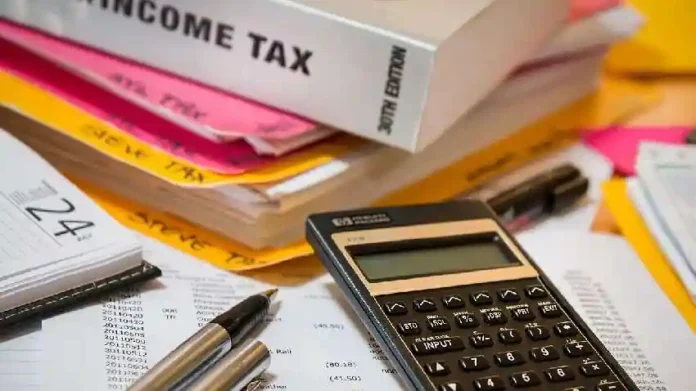According to the Income Tax laws, if an ITR is declared invalid, then the Income Tax Department treats that ITR as if it has not been filed. ITR is declared invalid by the Income Tax Department due to many reasons.
New Delhi. The last date for filing Income Tax Return (ITR) for the assessment year 2022-23 has passed. An important task after filing ITR is to verify ITR. This work is completed only after verifying the ITR. Only after the ITR is verified, the Income Tax Department takes further action on it.
If an income tax payer does not verify the ITR within the stipulated time after filing the ITR, then the ITR becomes invalid. Income tax payers who have filed ITR before July 2022 can verify ITR within 120 days from the date of filing ITR. But, those who have filed ITR after July 31, will get only 30 days this time to verify it.
What to do if ITR becomes invalid?
According to the Income Tax laws, if an ITR is declared invalid, then the Income Tax Department treats that ITR as if it had not been filed. Income tax law experts say that invalid ITR can be filed again. Income tax payer can file Revised ITR or Belated ITR. But, if this can be done only if the deadline for filing Revised ITR is left. After the last date is passed, the income tax payer is deprived of filing income tax for that assessment year.
According to incometaxindia.gov.in, in such a situation the Assessing Officer may, in exercise of the powers conferred under Section 144 of the Income Tax Act, ask the income tax payer to file an income tax return. The matters in which the Assessing Officer is bound to make an assessment on the basis of his best judgment under section 144 are-
- When the income-tax payer fails to file ITR by the last date under section 139(1) of the Income-tax Act.
- When the income tax payer fails to file delayed income tax return as per section 139(4) of the Income Tax Act.
- When the income tax payer fails to file the revised return as per section 139(5).
- When the Income Taxpayer fails to file an updated ITR as per section 139(8A).
When the income tax payer fails to file any of the above ITR and the Assessing Officer feels that it is necessary to assess the income of the income tax payer, then he can issue a notice to the income tax payer under section 142 (1) of the Income Tax Act. He can be asked to fill ITR. On receipt of the notice, the income tax payer can file ITR even after the expiry of the deadline for filing revised or delayed ITR.


